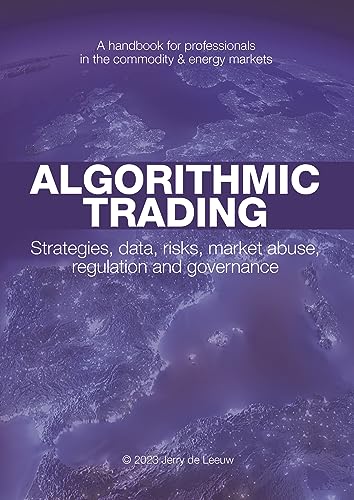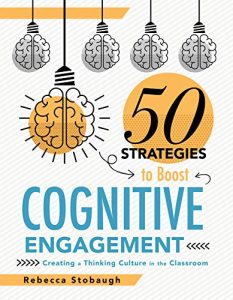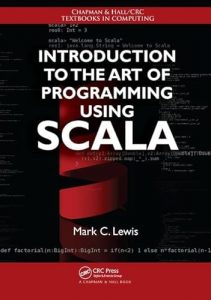1. Algorithmic Trading: Strategies, Data, Risks, Market Abuse, Regulation and Governance
Written by Jerry de Leeuw, this book is an essential resource for anyone interested in the fast-paced world of algorithmic trading. With the rise of technology in finance, understanding the intricacies of algorithmic trading has never been more crucial. This book explores strategies tailored for traders, delves into the risks associated with market practices, and discusses the significant need for regulation in a constantly evolving market. By engaging deeply with the concepts of market abuse and governance, readers will gain pivotal insights that can enhance their trading strategies and regulatory awareness.
2. An Analysis Into The Need For Regulation Of High Frequency And Algorithmic Trading In India
Fadil Mohamed’s insightful analysis highlights the emerging necessity for regulation in India’s high-frequency and algorithmic trading markets. As technology transforms trading practices, the implications for market efficiency and fairness grow more significant. This book investigates the regulatory landscape, pinpointing the urgent need for structured oversight to protect against systemic risks and enhance market integrity. It offers a critical perspective for policymakers, traders, and academics concerned with the ethical dimensions of trading practices.
3. Darkness by Design: The Hidden Power in Global Capital Markets
Walter Mattli’s “Darkness by Design” is a captivating exploration of power dynamics within global capital markets. This book exposes the hidden infrastructures that support and sometimes manipulate market trends. Mattli’s deep investigation covers international implications, making it a must-read for those wanting to understand the background forces in finance. Its profound insights enable investors and policymakers alike to navigate the complexities of market operations, revealing how unseen factors can lead to significant shifts in market behavior.
4. The Regulation of Financial Innovations: High Frequency Trading – Algorithmic Trading
Claudius Seidel’s work delves into the innovative landscape of high-frequency and algorithmic trading regulation. This volume is essential for understanding the regulatory challenges posed by rapid technological advancements in trading strategies. Readers will appreciate Seidel’s thorough examination of existing policies and how they fail—and succeed—in keeping pace with innovation. It’s a critical text for practitioners, regulators, and scholars who seek to anticipate regulatory trends and leverage them for strategic advantage.
5. International Trade Law: A Comprehensive Textbook (Volume 3)
Raj Bhala’s comprehensive textbook is invaluable for anyone looking to understand the complex interplay of international trade law. Though focused on remedies, its insights provide a broad perspective on how trade regulations interact with broader economic forces, including those linked to algorithmic trading. For law students and professionals alike, this book not only serves as an educational resource but also as a reference that explains intricate legal frameworks well-established in today’s market economy.
6. Mastering Stock Trade Scalping: A Terminology and Information Guide to Short-Term Trading
Cookie Crawley presents this essential guide to short-term trading through scalping techniques. If you are a trader interested in maximizing quick gains, this book is for you. Not only does it provide comprehensive terminology related to scalping, but it also illustrates practical strategies and methods for executing these trades effectively. Armed with this knowledge, readers can navigate the fast-moving trading environment and increase their profitability.
7. Running the World’s Markets: The Governance of Financial Infrastructure
Ruben Lee serves as a guide through the complex governance of financial infrastructures in this comprehensive overview. His work is critical for understanding how institutions interact with algorithmic trading systems on a macro level. The insights provided in this book underscore the significance of effective governance mechanisms to ensure market stability and efficiency. For regulators, market participants, and scholars, this book is an enlightening resource on maintaining systemic integrity.
8. Trademarks and Social Media: Towards Algorithmic Justice
Danny Friedmann’s examination of the intersection of trademarks and social media introduces a modern dilemma in algorithmic justice. As businesses increasingly use algorithms for marketing and engagement, understanding their legal implications is imperative. This book discusses how regulatory frameworks must evolve to address these changes effectively, making it a vital read for anyone interested in the ethics of digital interactions and commerce.
9. Banking Resilience: New Insights on Corporate Governance, Sustainability and Digital Innovation
Authored by Sabri Boubaker and Marwa Elnahass, this text delves into the intersection of banking resilience with digital innovation. The book presents groundbreaking insights into how corporate governance affects sustainability and market stability in financial management. It’s a necessary exploration for banking professionals who wish to deepen their understanding of resilience in increasingly volatile markets. As innovation continues to reshape the financial landscape, this book acts as a crucial guide for implementing sustainable practices.
10. Competition and Regulation in the Data Economy: Does Artificial Intelligence Demand a New Balance?
Gintarė Surblytė-Namavičienė addresses the challenges of competition in the era of artificial intelligence and data economy in her comprehensive analysis. This book debates necessary regulatory frameworks that can keep pace with technological advancements while fostering competition. It is essential for legal scholars and practitioners wanting to understand the implications of AI and ensure fair play in data-driven markets. Surblytė-Namavičienė offers actionable insights that guide the reader through navigating this complex landscape.














































